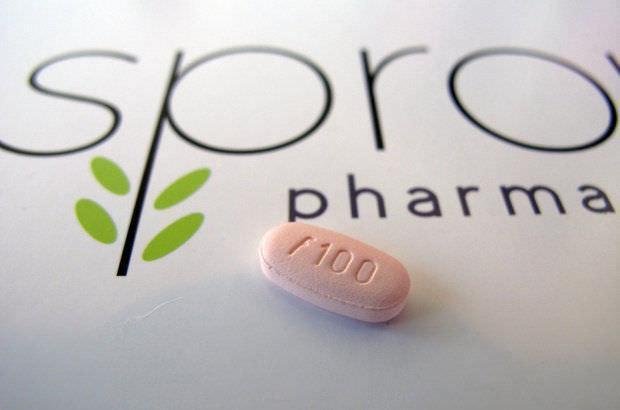Addyi (flibanserin): On Tuesday, the US Food and Drug Administration granted its approval for a new drug for pre-menopausal women.
The new drug, officially named Addyi (flibanserin), is also known as the pink pill or Viagra for women, and promises to boost libido.
In particular, Sprout Pharmaceutical says it has been designed to treat the hypoactive sexual desire (HSDD) disorder.
This condition has been recognized by medicine community around 40 years. Its symptoms include little or no interest in intimate relationships, and possibly no or almost no sexual fantasies.
“HSDD is characterized by low sexual desire that causes intense discomfort or difficulty in interpersonal relationships and may be due to a co-existing medical or psychiatric condition, problems within the relationship, or the effects of a drug.”
How does the medicine work?
Unlike male Viagra, which works by increasing blood flow, Addyi (flibanserin) works in the brain.
The drug is designed to target prefrontal cortex and neurotransmitter levels dopamine and norepinephrine.
At the same time, the drug reduces levels of serotonin, a neurotransmitter that, when present in the brain at high concentrations, is associated with inhibition of sexuality.
But in their latest report on Addyi, experts from the Food and Drug Administration are warning that they may cause side effects.
Tests have shown that it can cause low blood pressure pressure or even loss of consciousness. It can also cause fatigue, nausea, dizziness, drowsiness, insomnia and dry mouth. The risk of these symptoms is even greater when the drug is taken in combination with alcohol or other treatments.





